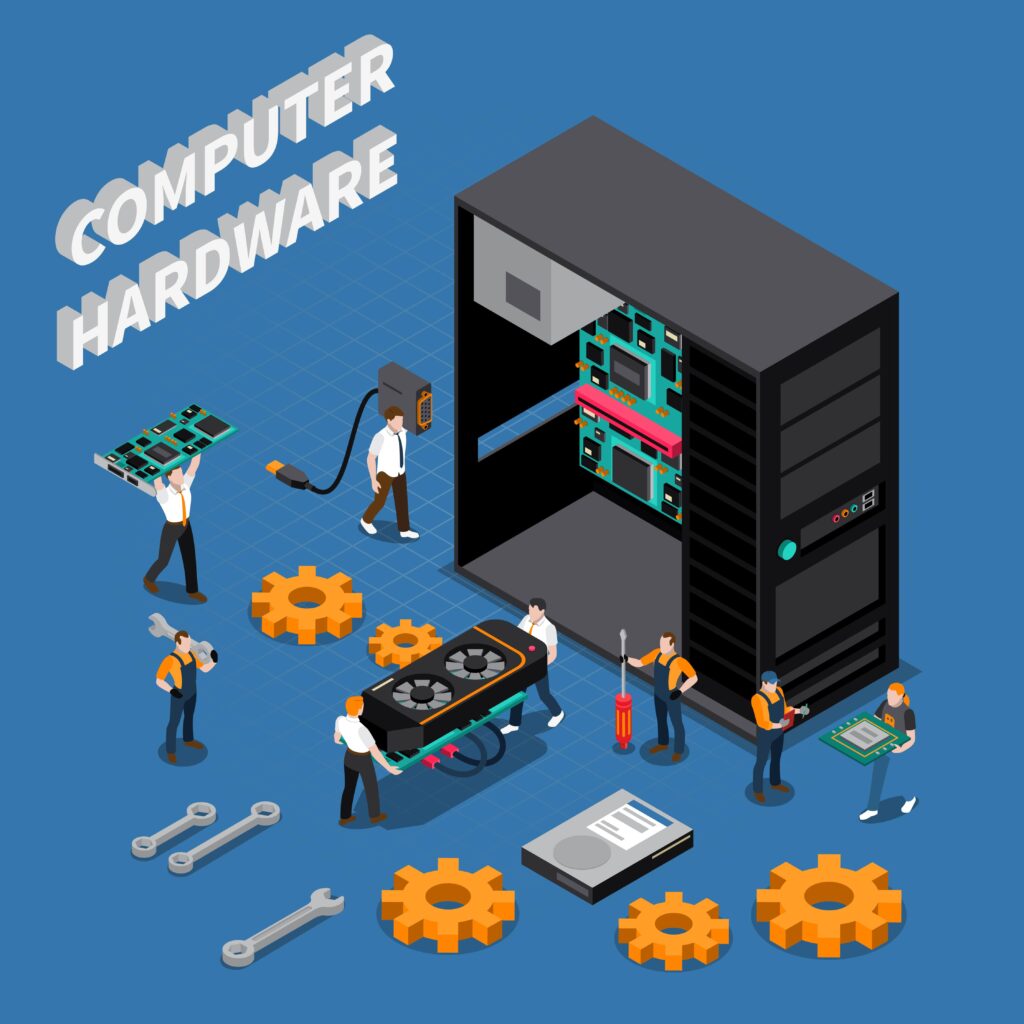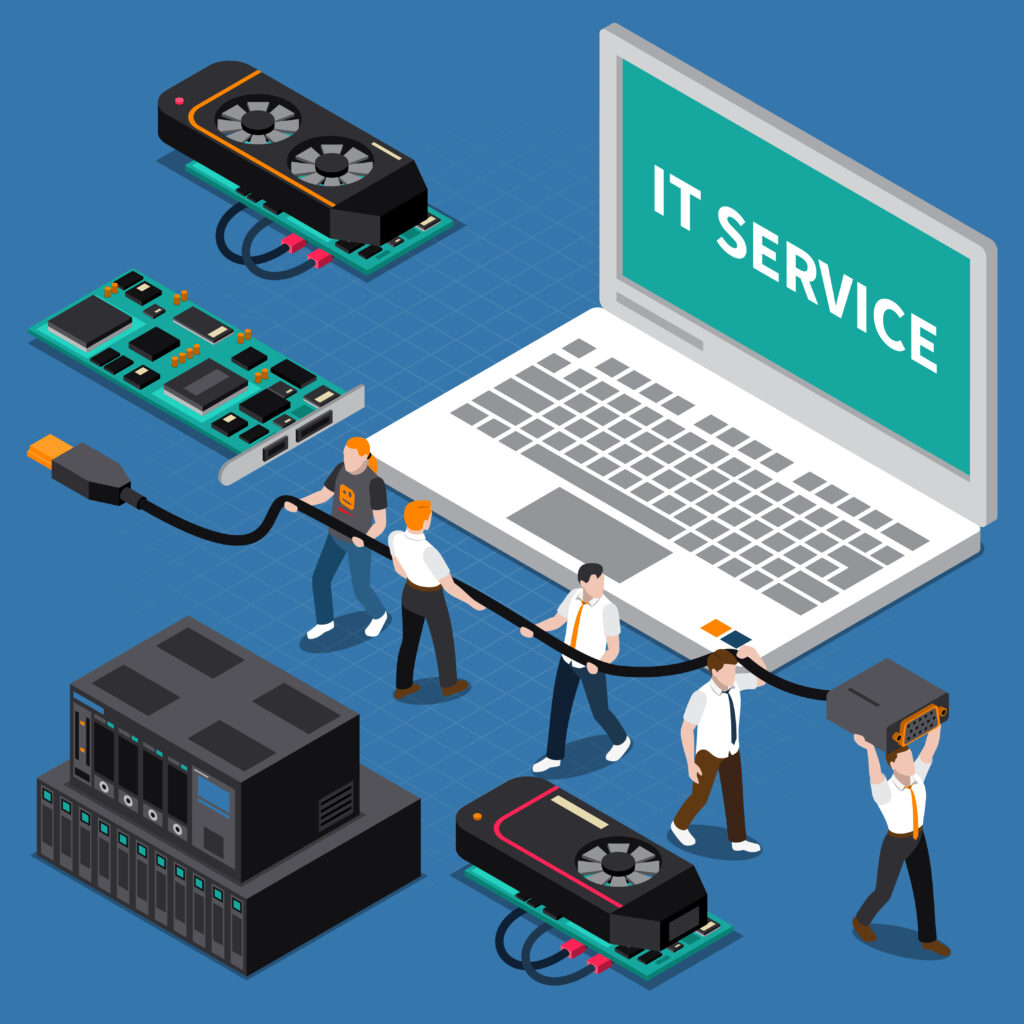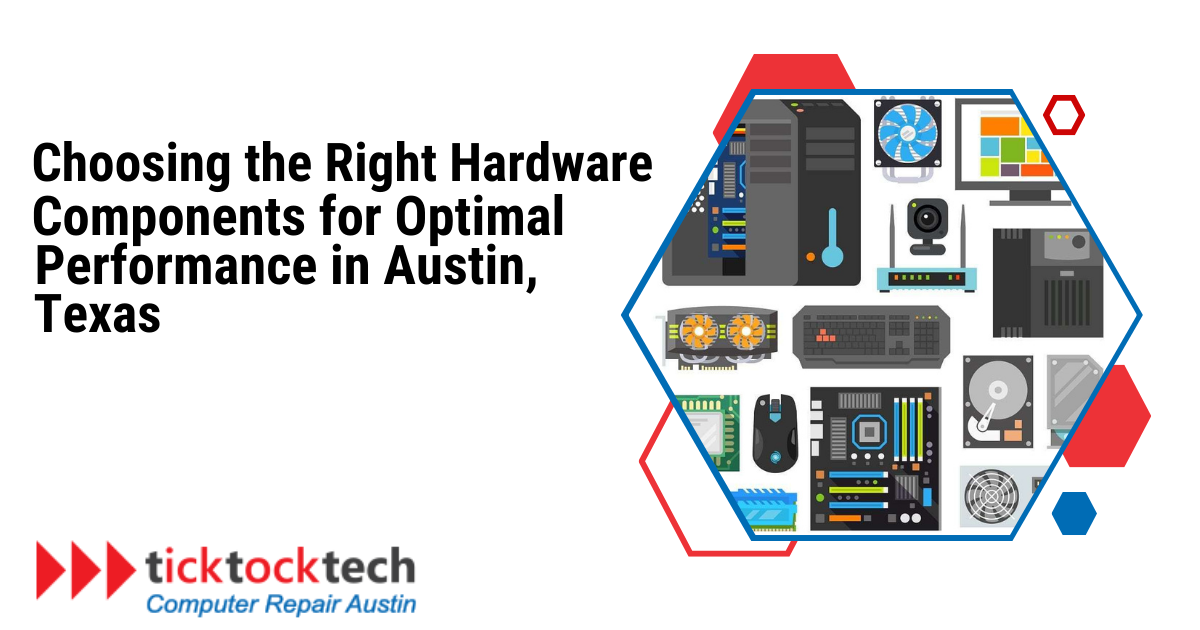Tech and IT devices alike comprise hardware, and software components. The hardware being the physical and replaceable part, gets damaged, or broken. Unlike software components which need regular updates for security, the hardware only gets replaced when it breaks or stops working. When getting a replacement for these hardware components, it is very essential to pay attention to some crucial steps. This will ensure you get the most original and long-lasting part. There are many companies producing parts of IT gadgets, in such cases, you should either get from source or standardized hardware.
Related: Differences between Hardware and Software
Laptop hardware like in Apple Macbooks especially needs compatible hardware. Having compatible hardware will not only improve your overall experience but also won’t lead to further damage. I remember when I got a screen change for my iPhone, and the technician could not get the compatible screen, which led to further damage, especially to the battery. To avoid situations like this, let’s see how you choose the right hardware competent for your IT devices.
1. Be sure of What Caused the Damage
Finding the cause of any performance problems is essential before choosing any hardware components. Is your computer not meeting your computing needs, crashing all the time, or slowing down? Knowing the symptoms can help you choose the appropriate remedies.
Related: What to do before taking your laptop for repair
For example, if your computer is having trouble with resource-intensive applications like video editing, you might need to upgrade to a graphics card with more power or add more RAM. On the other side, your storage drive may be to blame if you’re experiencing sluggish application loading and boot times.
2. Look up the Hardware Component in Device Manual
After you’ve determined which component is the problem, consult your device’s manual. Manufacturers usually provide extensive information about the characteristics and applicability of each part. Understanding the manufacturer’s suggestions will help you make better decisions.

See Also: Troubleshooting Computer Hardware
For instance, the guide can suggest specific brands or models that are known to function well with your system if your graphics card is acting strangely. Making sure you are aware of the features and limitations specified by the device manufacturer is the first step in this process.
3. Research the component online
Websites like tech blogs, review sites, and discussion boards offer expert opinions along with enlightening user comments.
Let’s say you are considering getting a new CPU. Quick searches for reviews and user comments on popular tech forums could provide useful information on how well many CPUs perform under specific workload circumstances. Keep an eye out for common issues, compatibility issues, and models recommended for your specific use case.
Pro Tip: Research potential solutions and troubleshooting techniques for typical hardware issues online. The combined knowledge of the IT community can be very beneficial when making judgments.
4. Check for Compatibility
A crucial factor to take into account while selecting hardware components is compatibility. Your motherboard may not perform at its peak if your powerful graphics card is incompatible with it. Likewise, it is imperative to confirm that the RAM increase you choose is compatible with your system’s architecture.
Related: How to avoid laptop hardware compatibility issues
Before making a purchase, confirm the compatibility lists provided by the manufacturers of the component and your device. Programs like PCPartPicker, which verify compatibility between different components, can also help you avoid future problems.
5. Performance review
Before deciding, carefully review the specifications of potential hardware components and performance benchmarks. Instead of focusing only on the figures, take into account how each component fits with your usage style and future requirements.
Give high emphasis to a graphics card with outstanding video rendering capabilities if you’re a content creator who mostly works with video editing. If you’re a gamer, on the other hand, you should focus on a graphics card that excels at delivering smooth gameplay and fast frame rates.
6. Warranty Availability
It’s crucial to take the manufacturer’s warranty coverage into account when choosing hardware for your computer. Similar to other electronic equipment, hardware might malfunction or have defects; therefore, having a robust warranty will protect your investment and provide you peace of mind. If the manufacturer is confident in the product’s lifespan and dependability, look for parts with an extended warranty period.
Before purchasing a component with a warranty, thoroughly read the terms to be sure you understand what problems are covered and how to file a claim. This can help you understand what repairs or expenses you could be responsible for and what you are insured against. Consider the manufacturer’s track record and customer service while evaluating the warranty. A reliable manufacturer with top-notch customer support is more likely to stick to their warranty if you need help right away.
7. Cost of Hardware Component
When choosing a replacement hardware component, it’s critical to consider your budget as their costs might vary significantly. Look for components that offer the most value for the money.
Considering the overall cost of the hardware components you have chosen is essential when considering performance. By adding up the price of the CPU, GPU, RAM, storage, and other components, you can make sure that your budget suits your needs. Occasionally, less costly solutions function just as well without going over budget.
Remember to budget for installation costs as well as any potential future upgrades.
8. Ask a IT support professional
When in doubt, consult an expert in the field or an IT support specialist near you for help. Their practical knowledge of different hardware setups offers insightful information. Based on your unique requirements, they can make recommendations and even point out solutions you might not have thought of.

They can also assist you in weighing your alternatives and selecting the ideal part for your requirements. They can also help you install and troubleshoot your new hardware component to make sure it’s operating properly.
Related: Hardware servicing and how it is done in 2023
Conclusions
Choosing the right hardware components for optimal performance can be a challenging task, but with the right knowledge and tools, you can make the right decision. By considering the factors outlined above, you can choose hardware components that will enhance your computer’s performance and ensure you can work efficiently. Remember to always research the component online, check for compatibility, and consider the warranty availability before making a purchase.
FAQs
The best way to know a good hardware component is to research it online, read reviews, and check the specifications to ensure it meets your device’s requirements.
You can search online for computer hardware stores near you or check online marketplaces like Amazon or Newegg for reliable hardware components.
The most expensive computer component to replace is the motherboard, especially if you’re looking for a high-end model with advanced features and performance.

